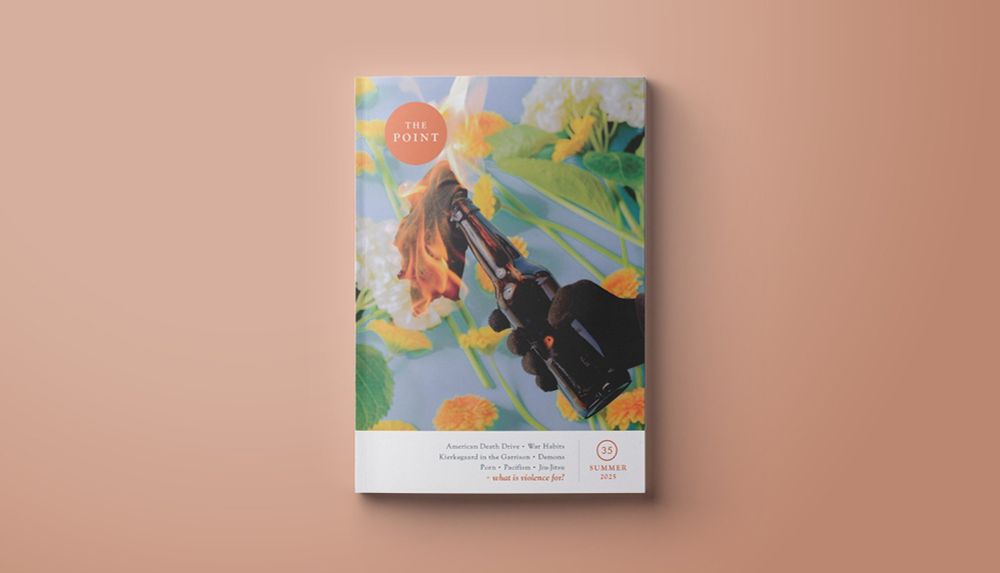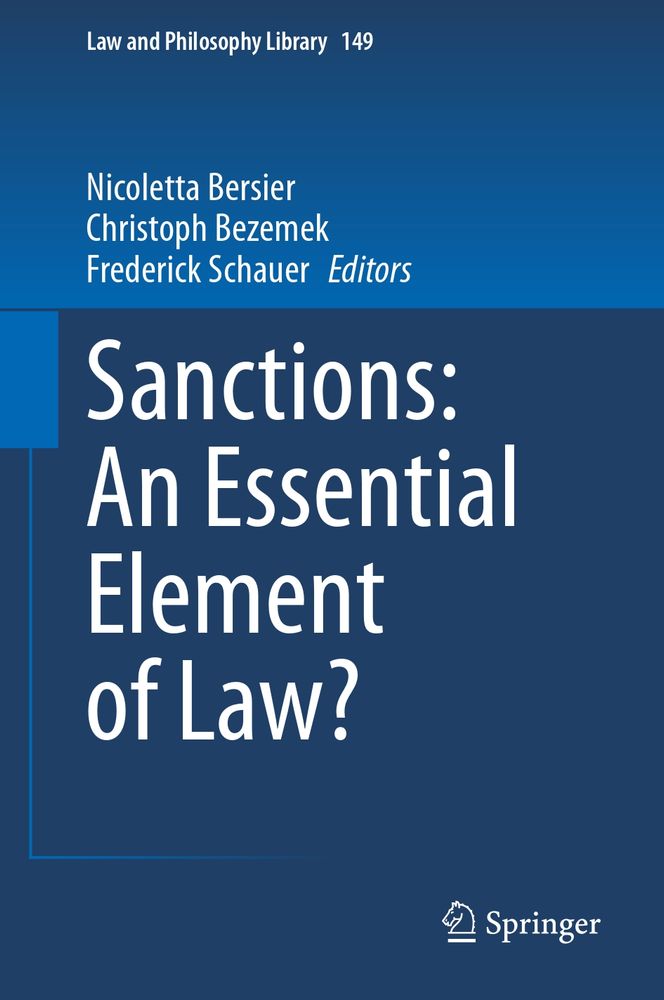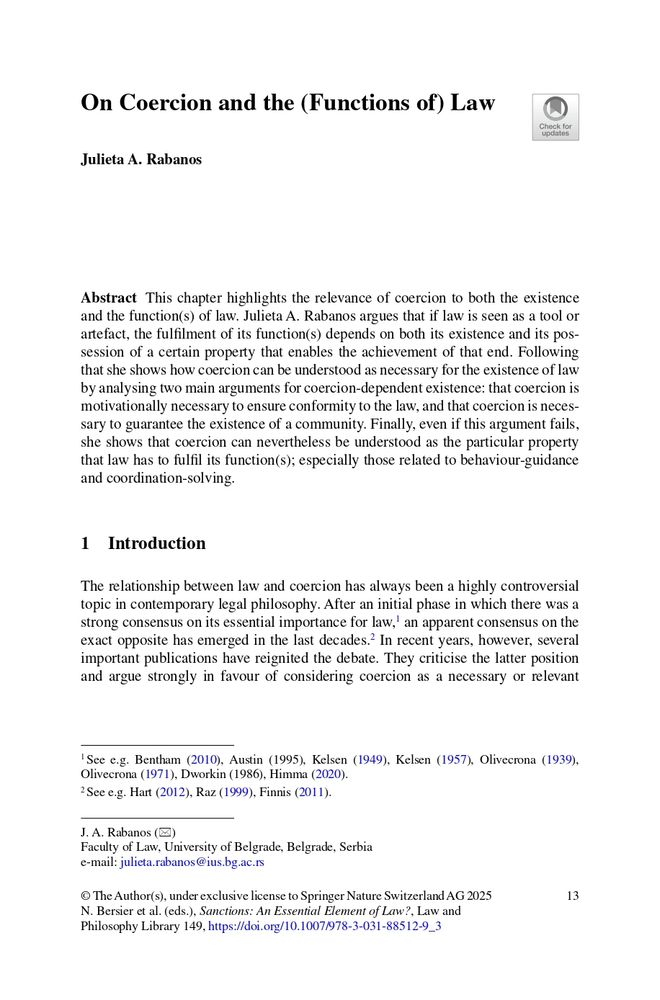Daniel Steinmetz-Jenkins revisits William James's prescription for national conscription www.commonwealmagazine.org/conscription...

Daniel Steinmetz-Jenkins revisits William James's prescription for national conscription www.commonwealmagazine.org/conscription...
forward.com/yiddish-worl...

forward.com/yiddish-worl...
If you’re a grad student who’d like a copy, reply or DM me!
www.cornellpress.cornell.edu/book/9781501...

If you’re a grad student who’d like a copy, reply or DM me!
www.cornellpress.cornell.edu/book/9781501...
cc: @brianlfrye.bsky.social
#Bluebook
#LegalCitation
#LegalWriting

cc: @brianlfrye.bsky.social
#Bluebook
#LegalCitation
#LegalWriting
papers.ssrn.com/sol3/papers....
papers.ssrn.com/sol3/papers....
papers.ssrn.com/sol3/papers....
events.uchicago.edu/event/254562...

events.uchicago.edu/event/254562...
@apsrjournal.bsky.social
🧵
doi.org/10.1017/S000...
@apsrjournal.bsky.social
🧵
doi.org/10.1017/S000...
JSTOR now have a free account with an Independent Researcher category. You can access 100 documents per month
www.jstor.org/action/showL...

JSTOR now have a free account with an Independent Researcher category. You can access 100 documents per month
www.jstor.org/action/showL...

Alexis Papazoglou with Jacob Abolafia on political violence, emancipatory politics, continuing the work started by George Orwell, and the uses and abuses of Frantz Fanon's thinking.
#Philosophy
www.youtube.com/watch?v=7OIg...

Alexis Papazoglou with Jacob Abolafia on political violence, emancipatory politics, continuing the work started by George Orwell, and the uses and abuses of Frantz Fanon's thinking.
#Philosophy
www.youtube.com/watch?v=7OIg...
My take on Luigi Mangione: "encapsulates this curious convergence between a mass shooter persona and a revolutionary discourse. This convergence finds a shared anchor in the logic of self-defense, exercised against a person chosen for purely symbolic reasons..."

My take on Luigi Mangione: "encapsulates this curious convergence between a mass shooter persona and a revolutionary discourse. This convergence finds a shared anchor in the logic of self-defense, exercised against a person chosen for purely symbolic reasons..."


Rethinking Criminal Justice by Alan Norrie
#LawSky #Criminology 💙📚 #CriminalLaw
https://cup.org/4ebwcv4

Rethinking Criminal Justice by Alan Norrie
#LawSky #Criminology 💙📚 #CriminalLaw
https://cup.org/4ebwcv4

lawlit.blogspot.com/2025/07/murr...
lawlit.blogspot.com/2025/07/murr...
For today’s episode in the history of bad ideas David talks to philosopher @shannonvallor.bsky.social about the myth that technology can be value free. Why do we let Silicon Valley get away with the idea that it’s never the fault of the tech?
Find us at...🎧 ppfideas.com
For today’s episode in the history of bad ideas David talks to philosopher @shannonvallor.bsky.social about the myth that technology can be value free. Why do we let Silicon Valley get away with the idea that it’s never the fault of the tech?
Find us at...🎧 ppfideas.com
Here, I examine why law may necessarily depend on coercion both to exist and to fulfil its functions - even in law-abiding & puzzled societies.
👇
link.springer.com/chapter/10.1...


Here, I examine why law may necessarily depend on coercion both to exist and to fulfil its functions - even in law-abiding & puzzled societies.
👇
link.springer.com/chapter/10.1...

